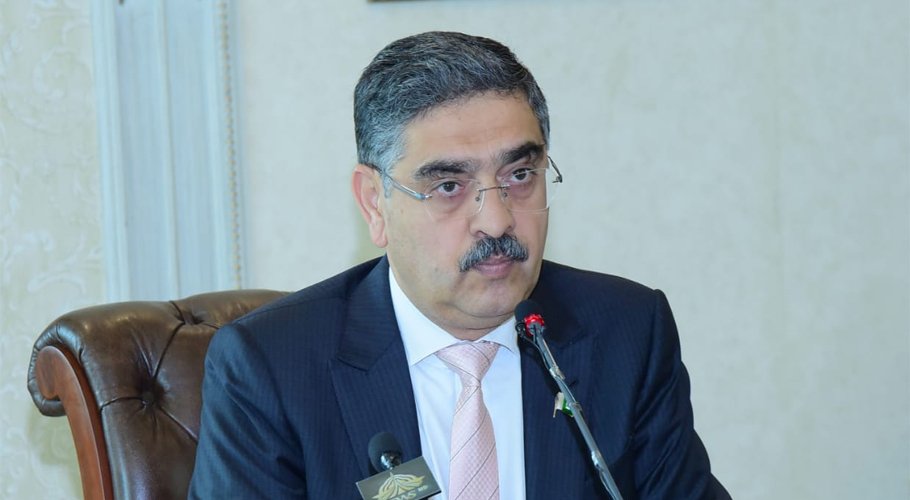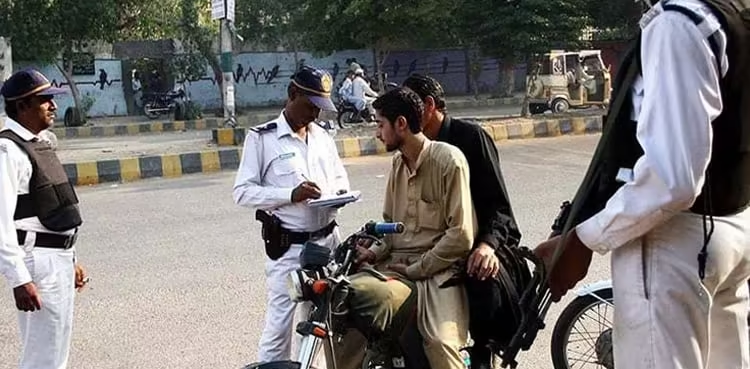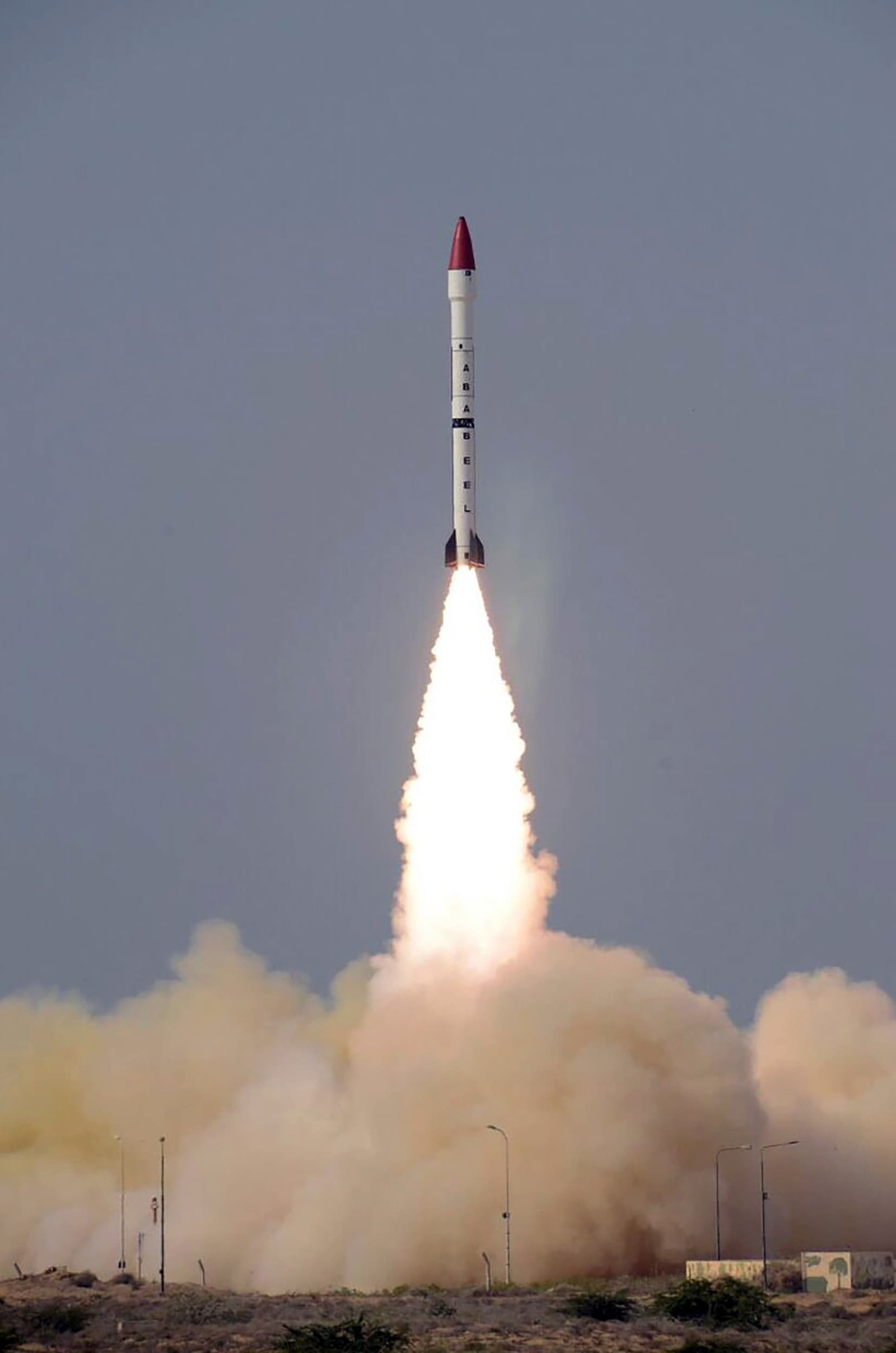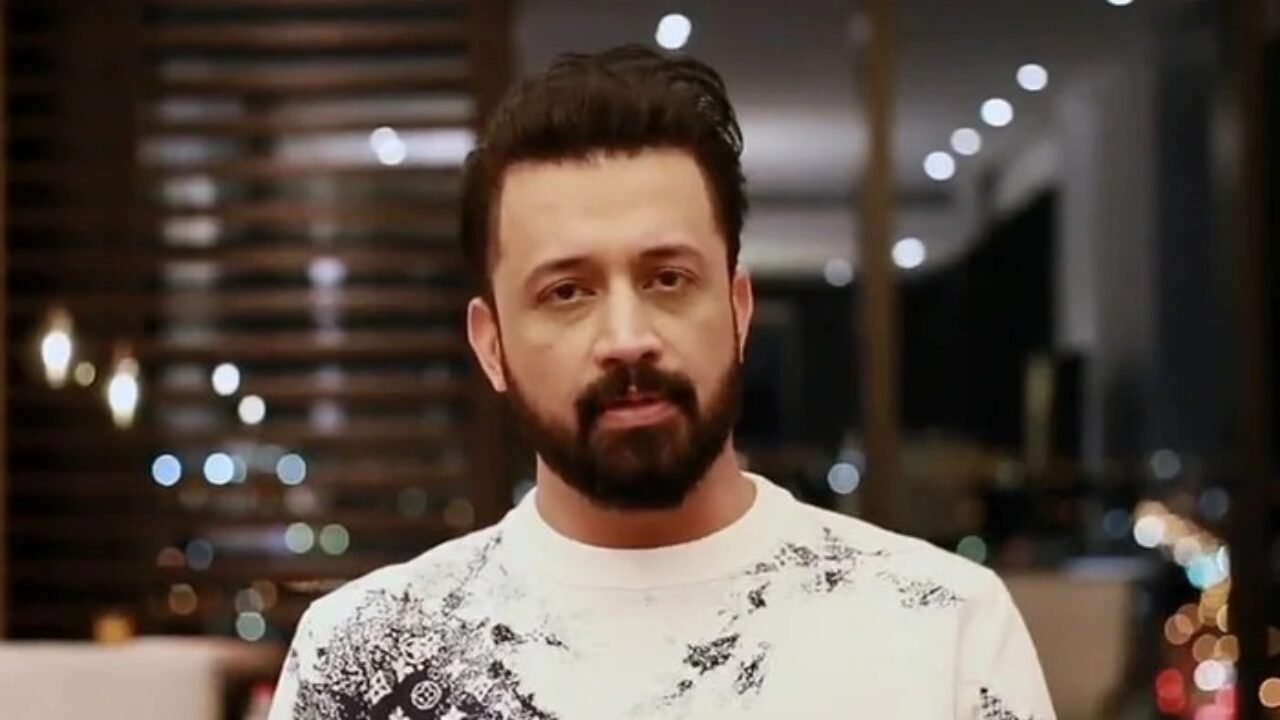Prime Minister Imran Khan’s statement is not based on facts when he claims that only current and retired employees of WAPDA (Water and Power Development Authority) receive electricity benefits, and not for judges and generals or anyone else.
It seems that the Prime Minister has been provided with incorrect information because not only do serving judges of the Supreme Court and High Courts receive utility bills, including electricity bills, from the government, but retired judges from the Supreme Court also receive two thousand units of free electricity along with a certain utility allowance. Similarly, retired judges from the High Court receive 800 units of free electricity monthly.
Moreover, the President and Prime Minister currently avail free electricity without any limit, while retired Presidents receive two thousand units of free electricity per month, all of which are paid for by taxpayers.
Even the Chairman of the National Accountability Bureau (NAB) enjoys the same benefits as Supreme Court judges, including the provision of free electricity.
The Prime Minister’s claim about the benefits of service chiefs cannot be verified.
The President of the country’s salary, Emoluments, and Privileges Act, 1975 (amended in 2018), states in Section 7 that the President shall be provided with the actual charges for electricity and gas consumption every year. The President’s Pension Act mentions that they receive two thousand units of electricity and ten HMT (House Maintenance Three) for gas and water.
In October 2020, Justice Faiz Isa and his wife released details of their income tax and assets, which clearly stated that the benefits after a judge’s retirement include 2000 units of electricity, 25 HMT gas, water, and 300 liters of petrol per month.
The High Court Judges (Leave, Pension, and Allowances) Order of 1997 not only mentions the payment for electricity, gas, and water by the government, but also in Section 28, it specifies that retired judges and their spouses will receive special allowances after their retirement and demise, including 800 units of electricity and 25 HMT gas per month.
All quasi-judicial public offices, including the NAB Chairman and Federal Ombudsmen, where retired judges, former generals, or retired government employees are appointed, also have their utility bills paid for by the government.
According to a NAB document, as long as the NAB Chairman remains in office and resides in an official residence, no rent will be charged, and the utility bills of this house will be paid by the government.
In the case of unavailability of official residence or if the Chairman chooses to reside in a private house, the government will cover the rent, maintenance, and all facilities’ expenses, including utility bills.



